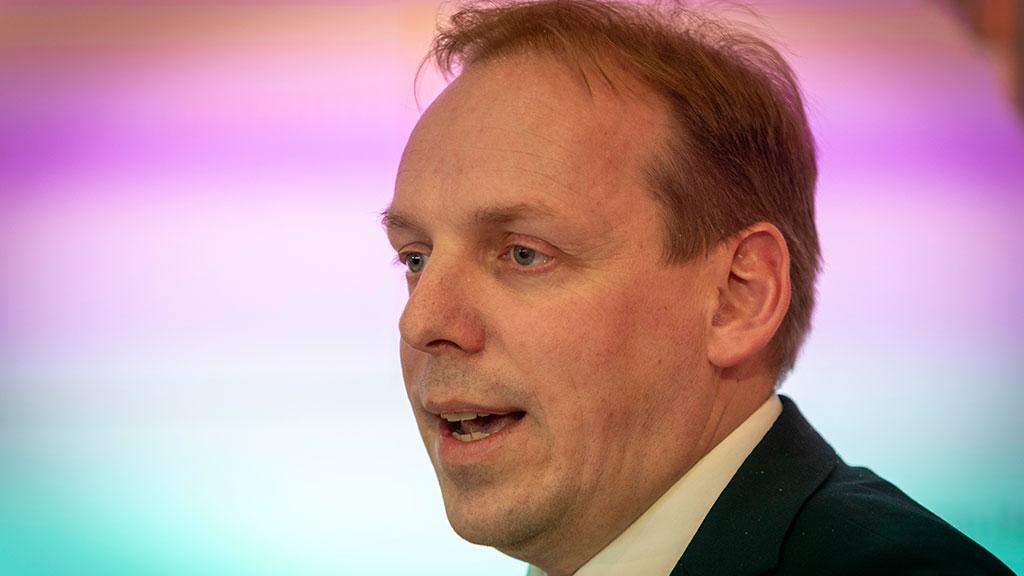Supporting Doctors, Not Replacing Them





Audio collection
Leadership in Times of Crisis with Zahi A Fayad, PhD | Christoph Zindel
Successful Teams need a Psychological Sense of Safety with Prof. Dr. Ulrike Attenberger | Christoph Zindel
Event list


- AI-Rad Companion Chest CT is 510(k) pending. It is not for sale in the U.S. Its future availability cannot be guaranteed.
- The statements by Siemens Healthineers customers described herein are based on results that were achieved in the customer’s unique setting. Since there is no “typical” hospital and many variables exist (e.g., hospital size, case mix, level of IT adoption) there can be no guarantee that other customers will achieve the same results.











